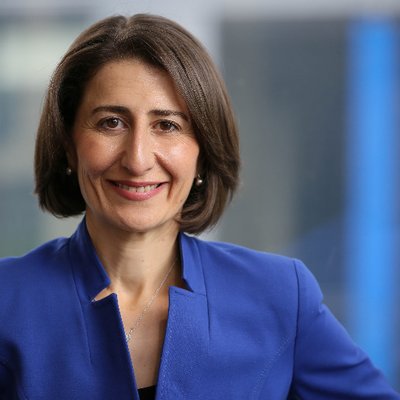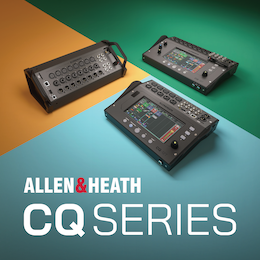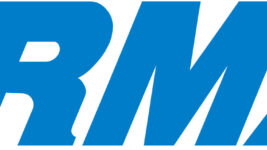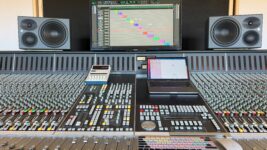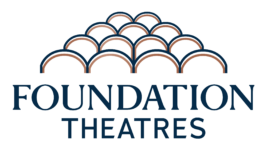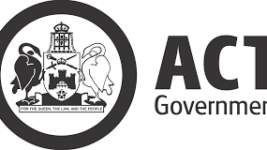Subscribe to CX E-News
By Julius Grafton.
As the NSW Government approaches the March 23 state election with a platform that includes a War on Festivals, the wider events community looks on in horror at the effects of a whim from the Premier’s office.
Early February every event for over 2,000 patrons, indoors or outdoors, and no matter what genre, was threatened with sanctions such as on-site field hospitals, stand-by ambulances, and impossible to budget user-pays Police presence. This followed the release of ham-fisted and rushed Interim Guidelines that contained a risk matrix designed to close events.
When Australia’s largest and most successful festival Bluesfest announced it would depart the state, a hasty rethink led to the Guidelines disappearing, ahead of new ‘Regulations’ for music festivals that will be published on March 1st. The premier then announced Bluesfest had nothing to fear, but did not release a draft of the proposed regulations.
“The new regulations for Music Festivals are arbitrary and threaten the future of all live music in NSW,” LPA (Live Performance Australia) Chief Executive, Evelyn Richardson said. “These new regulations imposed by government without any consultation reflect a government that has no strategy for supporting live music in NSW, sending a signal to every live music promoter and festival organiser that doing business in NSW is fraught with danger and subject to the whims of the Premier’s office.”
Mid February the NSW Government announced the new regulations would only apply to 14 ‘high risk’ festivals and named them.
“As it stands any festival can be added to the high-risk category at any time. All but one of the events targeted have proceeded with police consent previously so it seems any event can now be arbitrarily deemed “high risk” by government at any time and added to the list” said Ms. Richardson.
“Of those on the list some of them don’t meet the stated criteria. This includes ‘Laneway’ and ‘Up Down’, a completely new festival yet to be presented in March 2019. ‘This That’ found out they were rated a ‘high risk’ event after media outlets contacted them. Yet only a few months ago they were singled out for praise by Newcastle police.
“It’s also not clear how new festivals will be assessed, what discretionary powers will be applied and what risk assessment criteria will be used. In the absence of any objective data or guidelines, it appears the main criteria used to declare a festival high-risk is determined by whether the Local Police like or don’t like the type of music performed or the age of the likely attendees. The definition of ‘Concert’ versus ‘Music Festival’ in the regulations is also problematic and gives authorities much broader powers than the Premier is admitting.”
Festival and Concert promoters approached by Juliusmedia say they are evaluating their financial exposure and horrified at the arbitrary way the NSW Government is using its agencies to harass them.
“We had an excellent relationship with the Local Area Commander who is now not returning my calls”, said a regional events producer who requests their name be withheld as they fear retribution.
“If you quote me, my event could be listed on a future hit-list, or just be priced out of existence by extra ‘user-pays’ coppers or enhanced medical responders. This stuff can be added on anytime prior to gates open and is never firm when I plan my event. How can I sign a venue contract and contract performers, for an event a long way in the future, when the NSW Premier can have a thought bubble and direct the various state agencies to ramp up my costs in the name of ‘safety’”?
Another promoter of large events said this. “If you name me, I will get worse treatment. Right now all my relationships with this Government amount to nothing, because they are all wary of the Premier’s Department. This state has become a secret society with deals behind doors. I can’t operate in NSW if this Government win the election, and even if they do and promise to operate ethically, I can’t trust anything they say”.
LPA boss Richardson agrees. “The concert definition doesn’t make sense, isn’t consistent with known industry definitions and essentially means a whole range of concerts in NSW could now find themselves subject to this new licence. We should also get real about the extent of the problem at music festivals. The government needs to provide evidence to back its assertion that so-called ‘high risk’ festivals have drug or alcohol incidents at a higher rate than occurs throughout NSW on a daily basis.”
Promoter Michael Chugg told a protest rally mid February that the problem the Government faces is a drug problem, not a festival problem. “If they shut the festivals, kids will just take a boom box down the river and do drugs there, or at home.”
As to the scope of the problem, while there is clearly a lot of drug use across the community, but for a more balanced view, the festival and dance party crowd also buy a lot of alcohol. One major venue boss told Juliusmedia this month that a dance party crowd buys more drinks than a major sporting event crowd. He said it was wrong to characterise dance parties as ‘drug events’, since the users are in the vast minority.
LPA’s Richardson agrees. “This new licence isn’t going to solve these problems and the government has shown no real commitment to backing them up with effective drug and alcohol prevention and harm minimisation programs to address these issues in the community. Music festivals are easy targets for a government in election mode but the reality is that Australia has a growing drug and alcohol culture, which crosses all ages and interest groups.”
As the issue continues to reverberate just weeks prior to what will be a tight election, the NSW Government clearly thinks they are on a winner. With every message and issue tested by polling, there must be pockets of the community in tightly contested seats that will vote for what is an election platform, ‘The war on festivals’.
The Music Festival sector employs thousands of people, supports small businesses, nurtures musicians’ careers, and enhances cultural tourism in every city and regional area in NSW. Despite the Premier’s rhetoric, right now the live music industry in NSW is under serious threat from heavy handed government regulation and a clear lack of support for what is a significant multinational industry.
Whatever happens in NSW becomes an example of what may happen in other states of Australia.
Subscribe
Published monthly since 1991, our famous AV industry magazine is free for download or pay for print. Subscribers also receive CX News, our free weekly email with the latest industry news and jobs.


